Hunger hits Black communities harder
Black communities are more likely to face hunger. In fact, in 2023, 22% of Black people in the United States experienced food insecurity. This is more than twice the rate of white people.

Facts about hunger in Black communities
-
 In 2023, 1 in 4 Black people in the United States experienced food insecurity.
In 2023, 1 in 4 Black people in the United States experienced food insecurity.According to the USDA , over 9 million Black people could not access enough food to lead a healthy, active life.
-
 Black children are twice as likely to face hunger.
Black children are twice as likely to face hunger.In 2023, 27% of Black children lived in food insecure households. That’s 1 in 4 Black children without reliable access to food.
-
 Black families are far more likely to experience poverty.
Black families are far more likely to experience poverty.While the United States has an overall poverty rate of 11.1%, within the Black community, the poverty rate is 17.9%.
Causes of food insecurity in Black communities
Everyone deserves access to reliable food. However, some communities in our country struggle with food insecurity. Black communities are disproportionately affected due to systemic racism and economic inequality.
Racism and discrimination
Discrimination based on race affects African Americans' access to employment, housing, and other resources needed for a good, healthy life.
Low wages and unemployment
Black people do not have the same opportunities for good jobs or fair pay as white people. This makes it harder to afford enough healthy food.
Food deserts
Food deserts are areas without grocery stores or other places to buy fresh, healthy foods. Communities that are predominantly Black are more likely to be food deserts.
Ending food insecurity in Black communities
The Feeding America network works alongside Black communities to ensure everyone can access the food and resources they need. Here are a few examples of the work that Feeding America and network members are doing:
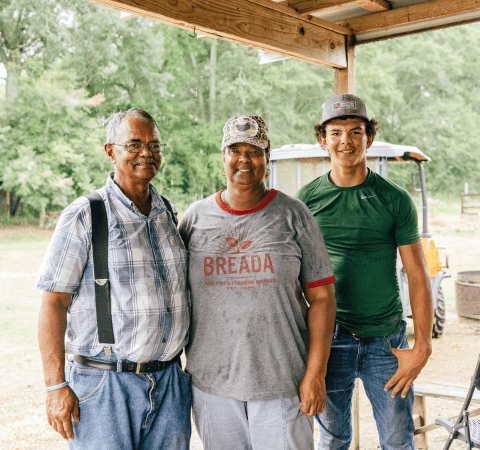
Funding community-led solutions
Feeding America has granted more than $100 million to food banks and community organizations led by or serving Black communities, especially in the rural South.
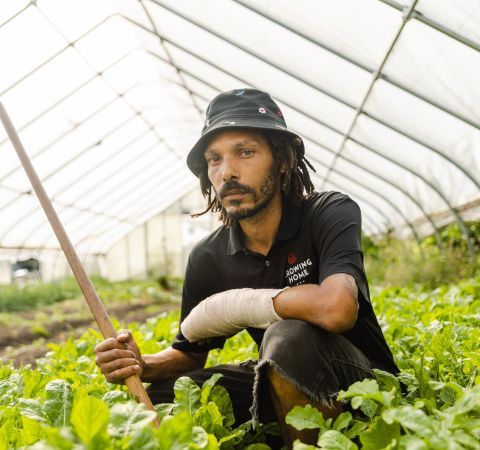
Partnering with Black-led programs
Feeding America member food banks partner directly with local Black communities to support their work to address financial and transportation barriers.
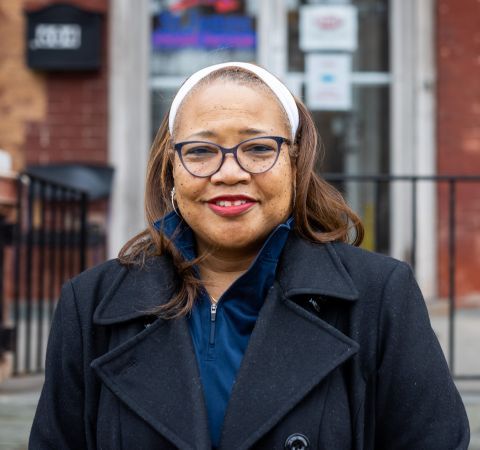
Advocating for policies that end hunger
Food insecurity stems from systemic issues. Feeding America advocates policies addressing root causes like housing and economic opportunity.
Help end hunger in every community
Hunger is a serious problem for Black people, but hope exists. With your help, we can end hunger in every community.
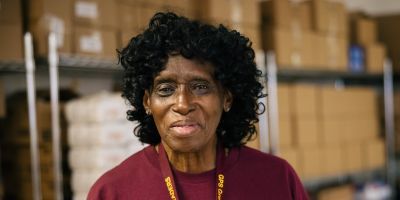
Donate
Your donation will support innovative programs that provide food and resources to Black-serving organizations.

Advocate
Support federal nutrition programs that help fund important nutrition and agriculture programs.
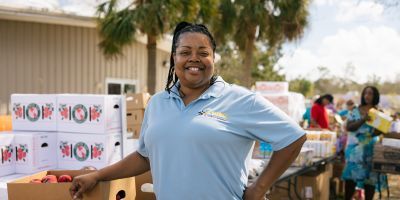
Volunteer
Volunteers are essential for food banks and meal programs to continue to provide access to food for all communities.
